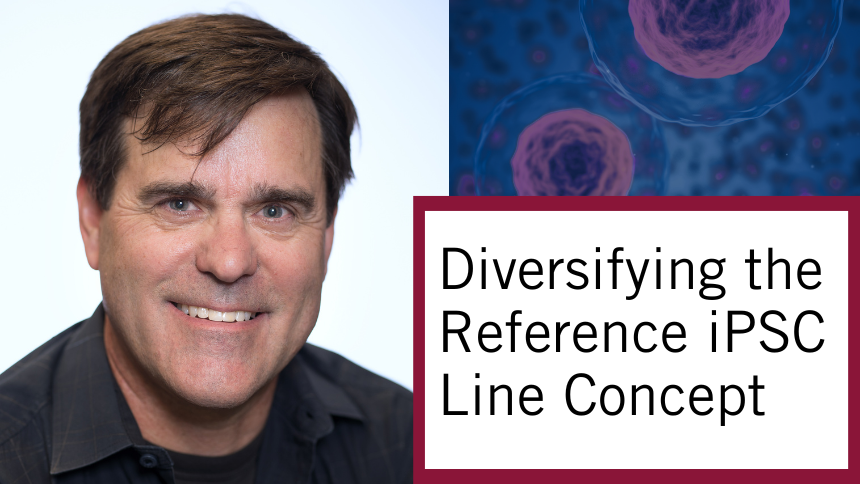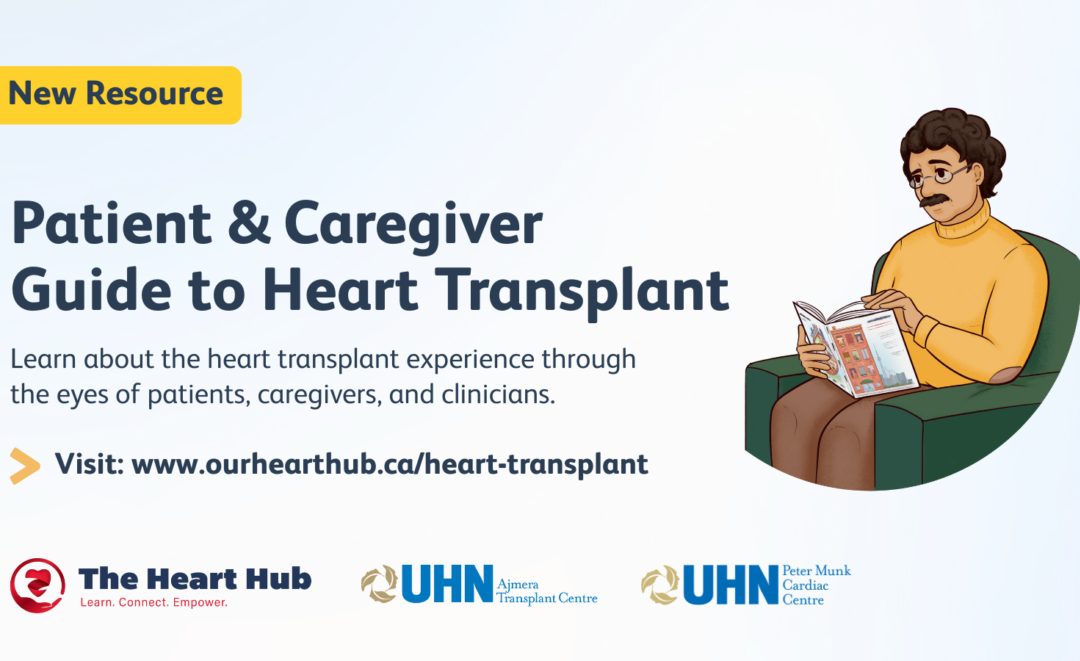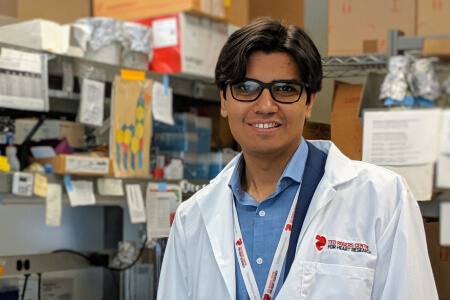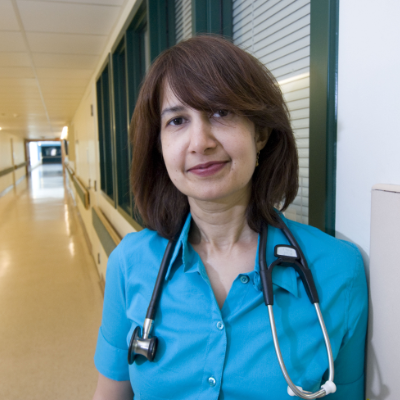The tools we use in research should reflect the full spectrum of genetic diversity, but they often do not. This is a gap that an international team of scientists is exploring through the lens of induced pluripotent stem cell (iPSC) lines. iPSCs are a type...





























